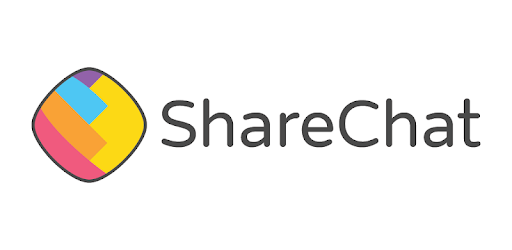Introduction
ShareChat is a popular Indian social media platform that allows users to share short videos, text messages, and images. The platform has over 300 million users and is multiplying.
To support its massive user base, ShareChat needs a scalable and reliable database architecture. The company’s current database architecture is a hybrid of relational and non-relational databases.

Relational databases are used for storing structured data, such as user profiles, posts, and comments. The non-relational databases are used for storing unstructured data, such as images and videos.
The relational databases are hosted on Google Cloud Spanner, a scalable and consistent relational database service. Google Cloud Spanner is a good choice for ShareChat because it can handle a high volume of reads and writes, and it provides strong consistency guarantees.
The non-relational databases are hosted on Google Cloud Bigtable, a scalable and durable non-relational database service. Google Cloud Bigtable is a good choice for ShareChat because it can store large amounts of unstructured data, and can handle a high volume of concurrent requests.
In addition to the relational and non-relational databases, ShareChat also uses a number of other Google Cloud services, such as:
- Google Pub/Sub: A message broker service that is used to decouple different components of the ShareChat architecture.
- Google Cloud Storage: An object storage service that stores images, videos, and other binary data.
- Google Kubernetes Engine: A managed Kubernetes service used to deploy and manage ShareChat applications.
The ShareChat DB architecture is designed to be scalable, reliable, and efficient. The use of a hybrid of relational and non-relational databases allows ShareChat to store different types of data in the most appropriate way. The use of Google Cloud services provides ShareChat with the scalability, performance, and security that it needs to support its growing user base.

Here is a more detailed explanation of the ShareChat DB architecture:
- Relational databases: Relational databases are used to store structured data, such as user profiles, posts, and comments. The relational databases are normalized, which means that the data is stored in a way that minimizes redundancy and ensures data integrity.
- Non-relational databases: The non-relational databases are used to store unstructured data, such as images and videos. The non-relational databases are not normalized, which means that the data is stored in a way that is optimized for fast access.
- Google Cloud Spanner: Google Cloud Spanner is a scalable and consistent relational database service. Google Cloud Spanner is a good choice for ShareChat because it can handle a high volume of reads and writes, and it provides strong consistency guarantees.
- Google Cloud Bigtable: Google Cloud Bigtable is a scalable and durable non-relational database service. Google Cloud Bigtable is a good choice for ShareChat because it can store large amounts of unstructured data, and it can handle a high volume of concurrent requests.
- Google Pub/Sub: Google Pub/Sub is a message broker service that is used to decouple different components of the ShareChat architecture. Google Pub/Sub allows different components to communicate with each other asynchronously, which improves performance and scalability.
- Google Cloud Storage: Google Cloud Storage is an object storage service that is used to store images, videos, and other binary data. Google Cloud Storage is a good choice for ShareChat because it is highly scalable and durable.
- Google Kubernetes Engine: Google Kubernetes Engine is a managed Kubernetes service that is used to deploy and manage ShareChat applications. Google Kubernetes Engine makes it easy to deploy and scale ShareChat applications, and it provides a number of features that improve the reliability and security of the applications.
The ShareChat DB architecture is designed to be scalable, reliable, and efficient. The use of a hybrid of relational and non-relational databases allows ShareChat to store different types of data in the most appropriate way. The use of Google Cloud services provides ShareChat with the scalability, performance, and security that it needs to support its growing user base.
Here are some of the benefits of the ShareChat DB architecture:
- Scalability: The ShareChat DB architecture is scalable, which means that it can be easily expanded to support a growing user base.
- Reliability: The ShareChat DB architecture is reliable, which means that it can withstand failures and continue to operate.
- Efficiency: The ShareChat DB architecture is efficient, which means that it uses resources effectively.
The ShareChat DB architecture is a good example of how to design a scalable, reliable, and efficient database architecture for a large-scale social media platform.



